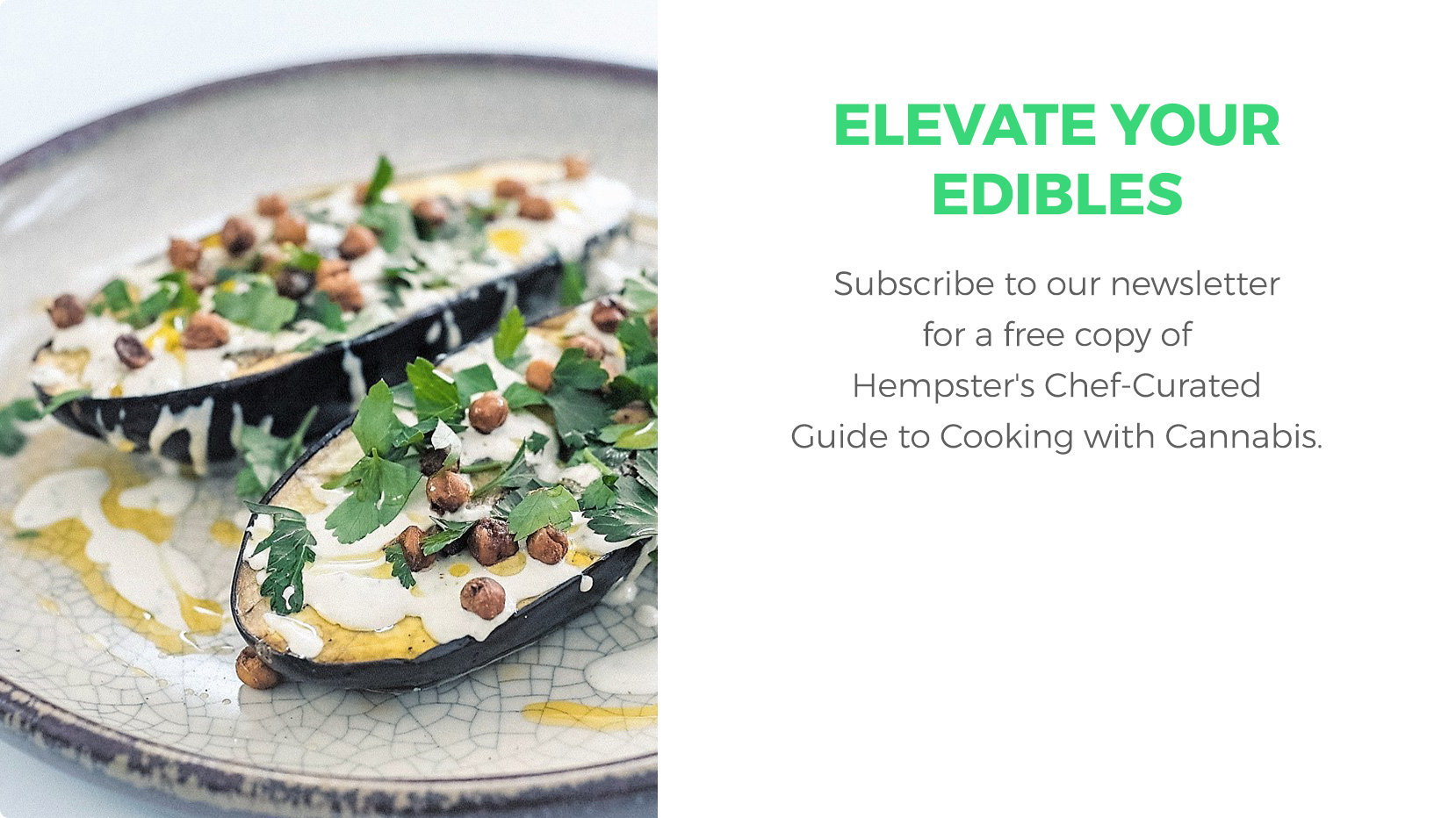Doctor’s Orders: Don’t Shame Yourself Out of a Cannabis Prescription
Like all good physicians, Dr. Biljana Kostovic, a pain specialist at Centres for Pain Management and adjunct professor at McMaster University, employs a complex formula of skills and considerations when treating her patients. Honed over 30 years as an ER doctor, and eight as a pain specialist, her medical expertise is essential to her craft. So is her bedside manner, a deceptively casual term for the combination of razor-sharp wit, sociological insight and empathy that helps Dr. Kostovic determine the best course for each patient.
“When dealing with a patient, we have to be aware of the uniqueness of each and every individual,” she says. “It is a process based on facts, history and the preferences of the patient.”
This success of this approach is evident in both her patients’ glowing online reviews and Dr. Kostovic’s very presence. Her passion for healing is palpable, manifesting as excitement when she talks about the future of cannabinoid-based medicine, and determination when discussing some of its challenges.
We caught up with Dr. Kostovic to talk about how she incorporates cannabis treatment into her medical practice, particularly with her female pain patients. Here is a slightly condensed and lightly edited version of our conversation.
Please tell us about your work.
I am an ER physician by trade, and have been for over 30 years. Eight years ago I took a special interest in pain and became a pain specialist.
We’ve seen many stories lately about male bias in research, and how our understanding of women’s health issues can be limited by this. Does that impact how you prescribe cannabis to women in particular?
I am not focusing on any male bias in cannabis research. I am aware of the current movement to empower women and increase awareness surrounding women’s health, but in my practice, prescribing goes from patient to patient, regardless of gender.
I think women’s health issues are limited more by socio-anthropological aspects of culture in North America rather than anything else, and this is consequently apparent in the way that we, in general, create our research protocols.
Of your female patients’ ailments, what are the top conditions for which you are you most likely to prescribe cannabis?
Chronic pain, fibromyalgia, insomnia, anxiety, irritable bowel syndrome and irritable bowel disease.
Are there any cases where you would you never prescribe or suggest cannabis as a treatment?
History of bipolar and schizophrenia, pregnant and breastfeeding mothers, sometimes the elderly.
I am very cautious with elderly patients if THC is needed due to increase risk of falls.
Older patients are real challenge. It takes lots of courage for them to even start a conversation about cannabis, so it is very important for them to be heard. Often, they have a long list of medications and we know little about how cannabis interacts with those medications. So, if I’m ever unsure about possible interactions, I don’t suggest cannabis use. In every case, it is important to weigh the benefits and risks of each treatment.
What are the biggest barriers facing women who might want to use cannabis for better health?
A big one is women themselves.
So often, when we see a woman, we are viewing her through a particular lens – a beautiful portrait within a societal frame. That frame contains a woman, with all her feelings, desires and expectations ….Why she’s in the frame doesn’t matter anymore – it is her frame and she is comfortable there. If something new could be brought in the frame, even if it is beneficial, fear and judgement often set in.
Secondly, lifestyle. We are all mighty women working, caring for families, running around all day long. We don’t have time for ourselves, we put everything and everyone else first.
Thirdly, stigma – most of us, even some physicians, think of cannabis as a substance whose sole purpose is to get you high. Hippies sitting in a circle and laughing in a cloud of smoke is our past – knowing how to use all 500 active components from the cannabis plant should be our future.
Are there any questions that women in particular should ask when seeking a cannabis prescription?
Generally, there’s not a lot that can be answered, actually. We are really in need for research. But, women should definitely be asking questions like: will this affect my menstrual cycle, hormonal levels and stress levels? Could this potentially interact with my method of birth control? What is the best way to administer cannabis to treat my ailment?
We recently heard you talk about how many of your female patients are worried about their husbands’ opinion on cannabis. Can you tell that story again, please?
That is not a story- it is a common thread. I have to admit, I cannot get used to it – it still makes me angry that someone has the audacity to tell me how I feel and what I should do.
What do you say to those women, and do you have any advice for women who are worried about what their partners, kids, friends or greater community might think of a cannabis prescription?
I give them support. I tell them that nobody has the right to tell you how you should feel, what you need, or what you don’t need. I say: How dare they!
What about women from traditional or conservative cultures, who may face an even greater stigma around cannabis consumption? Do you have any tips for them, or suggestions on how the medical community can support them if cannabis is the right treatment?
This is a really good question, and made me realize that I’ve had very few patients from traditional cultures in my clinic.
In general, all female patients require more work and support on our journey to and with cannabis. As for women from traditional cultures – I was unsuccessful in pursuing any of my female patients to try medical marijuana.
Is there anything else you’d like our readers to know?
I am very excited that there is an interest on this topic.
From my point of view, with the opioid crisis, cannabis is very powerful alternative for pain management. It has an excellent safety profile and I have very good success with it. Research is a must.
Interested in exploring your medical cannabis options? Book a free online consultation with a Natural Care prescriber today, or call 1-888-671-8022 with your questions.

